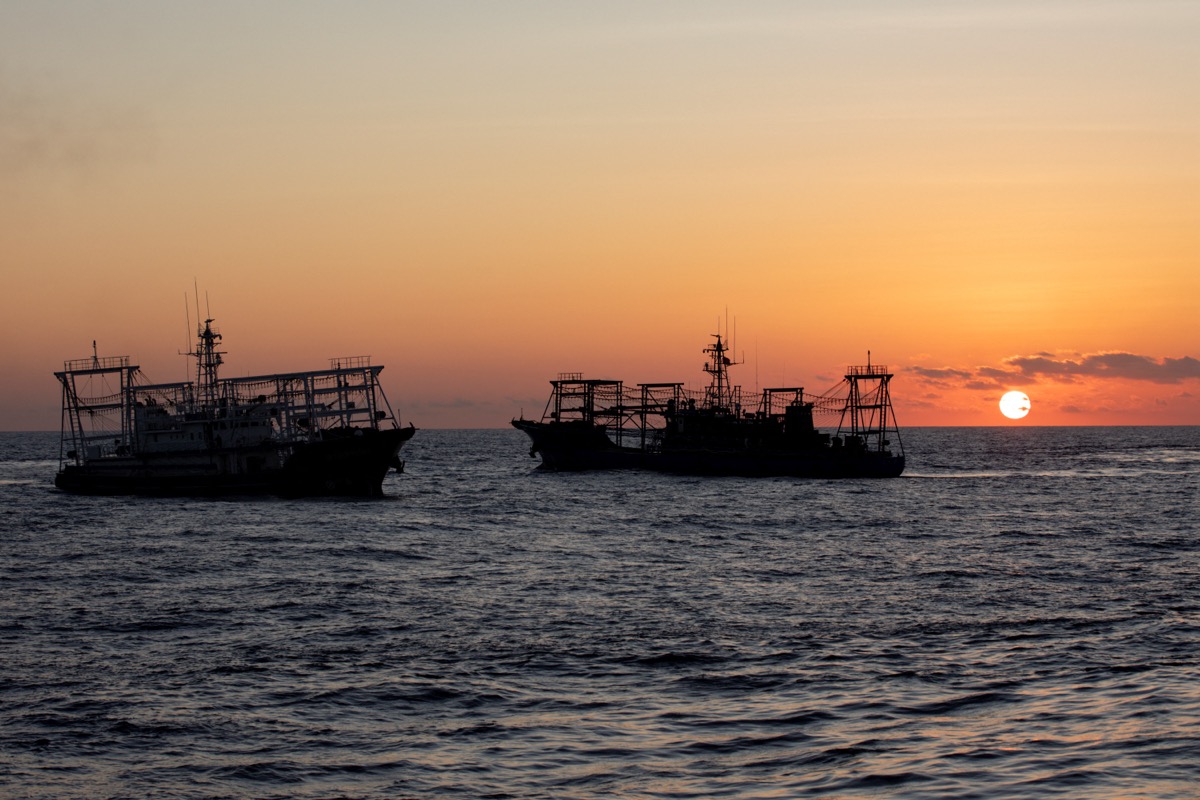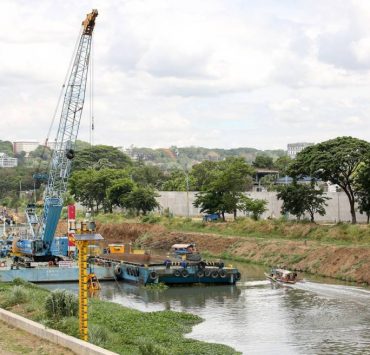The South China Sea question

The South China Sea (SCS) has emerged as a flashpoint as several countries have claims on certain portions of this maritime space. China, meanwhile, has claimed almost the entirety of the SCS, with muscle-flexing maneuvers to assert its claim. Clearly, China is violating the globally accepted rules-based order and has become a concern for maintaining regional peace.
China has territorial disputes with a number of Southeast Asian countries, the most prominent being with the Philippines. With the Philippines being an ally of the United States, American officials have been signaling to their Chinese counterparts that the US is firmly committed to upholding its alliance commitments. It’s a warning not to test the limits of American tolerance toward Chinese attempts to obstruct access to the Second Thomas Shoal, a submerged reef in the SCS where a grounded Philippines vessel, the BRP Sierra Madre, serves as outpost for Filipino soldiers.
The disputes over competing claims have been intensifying, raising concerns about the outbreak of war and threat to regional stability, with the Philippines, Vietnam, and Malaysia reinforcing their presence in the contested waters as the US steps up its intervention.
Chinese maritime expert Wu Shicun, who heads the state-funded National Institute for South China Sea Studies and has spent years researching the SCS and the regional disputes over this strategic waterway, blames the Philippines for allegedly violating Beijing’s rights in the area in the 1970s, when China was in the grip of the Cultural Revolution. Wu Shicun accuses then President Ferdinand Marcos Sr. of sending the military to take over a number of islands and reefs. He describes as erroneous the 2016 decision by the international arbitral tribunal to back Manila’s claims and reject those of Beijing based on international law. Though ignored by Beijing, the ruling was a landmark victory for the Philippines, which filed the case when Beijing closed all options for a dialogue.
Beijing ought to be aware that the US would intervene to defend its treaty partner if war breaks out over the SCS, a possibility that cannot be ruled out. Recall that when the Chinese coast guard seized the firearms of Filipino sailors at Ren’ai Jiao in a confrontation on June 17, 2024, someone could have accidentally pulled the trigger, which could lead to an armed conflict. It was only restraint by both sides and a lot of luck that prevented this.
As per international law, the boarding and seizure of Philippine Navy boats could have been construed as an act of war. Had the BRP Sierra Madre—still a commissioned navy vessel despite being grounded—been boarded in the heated frenzy, the situation could have spun out of control and potentially triggered the Mutual Defense Treaty between the Philippines and the US.
The treaty was not invoked in large part because President Marcos has set the bar pretty high at the Shangri-La Dialogue in May 2024, where he said categorically that if any Filipino—civilian or otherwise—were killed in the conflict, he would consider that the red line had been crossed. While Beijing is unsure what the red line would be, Manila has assiduously avoided invoking the treaty so as not to escalate tensions further.
The provocation did not stop with the June 17 incident. The Philippines and China clashed anew on Aug. 25 over what Manila said was a resupply mission for fishermen. The incident overshadowed efforts by both nations to rebuild trust and better manage disputes after months of confrontation.
Though the possibility of the US being drawn into a direct conflict could be a certainty, it remains to be seen if Washington would be willing to engage with China in a situation that could get out of control and inevitably draw in other countries as well.
A conflict would dramatically impact on regional security, and would have a debilitating effect on the economies of several Asian countries and the world. Can a new consensus be explored so that rival claimants can work together to demilitarize the SCS? As a code of conduct has remained elusive, other agreements may be explored. For example, every claimant could offer an island to develop civilian facilities, including scientific stations and environmental research centers to monitor sea levels and restore coral reefs. Military deployment on those islands and reefs must stop as a first step.
China should be the first to agree to this idea, although given its conduct, that could be a difficult proposition. But the idea can be explored in the larger interest of regional security. The Statesman/Asia News Network
—————-
Rajaram Panda is a former senior fellow at Pradhanmantri Memorial Museum and Library, Ministry of Culture, Government of India.
















